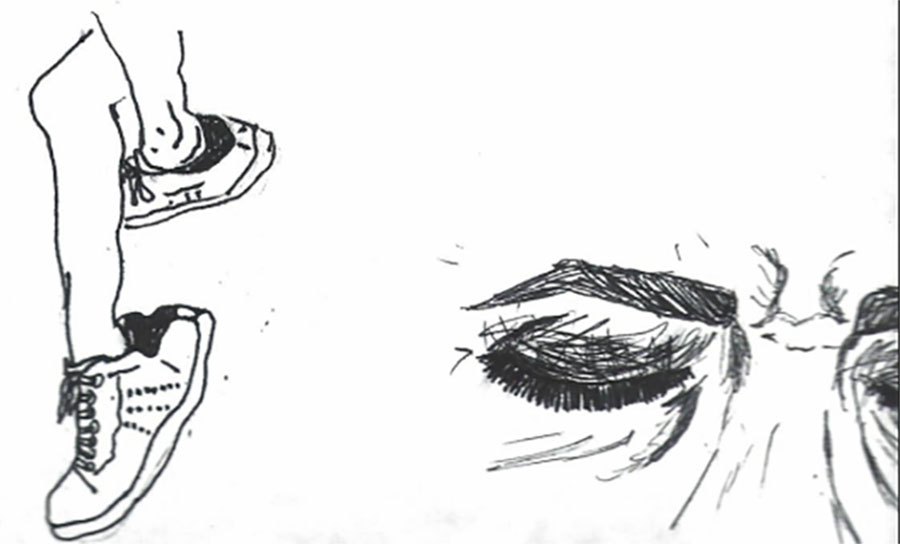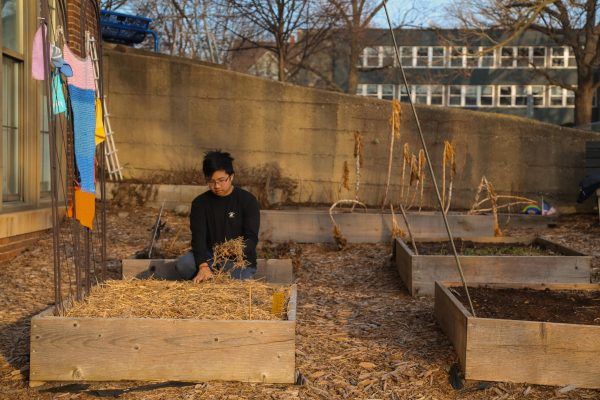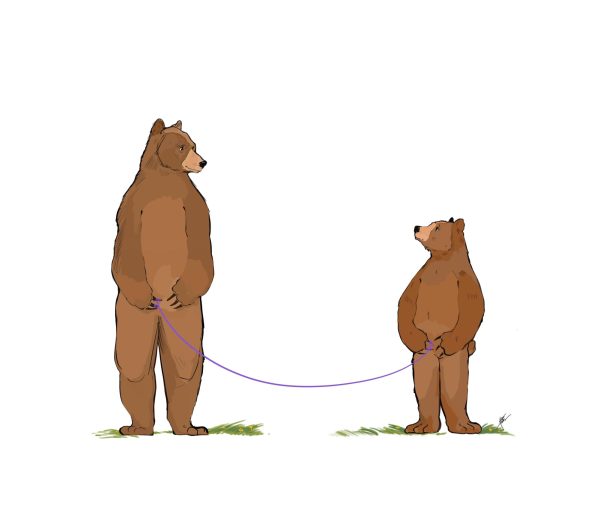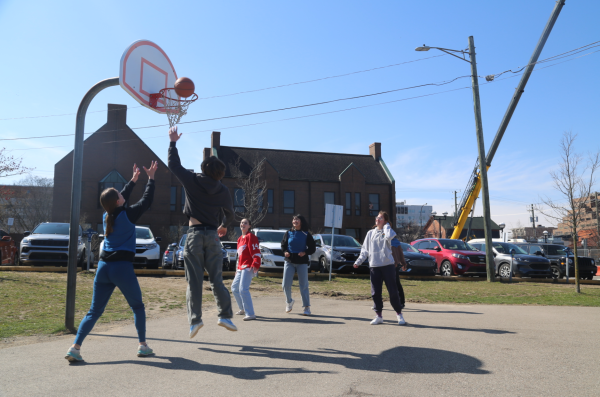Dealing With Life; We All Have to do it Somehow
Stress. We’ve all felt it. The definition of stress is, “a state of mental or emotional strain or tension resulting from adverse or very demanding circumstances”.
According to www.columbiapsychiatric.com, everyone experiences stress from time to time. Any change in life, whether it be positive or negative, can cause stress. The list of causes is endless, but the Columbia Center for Psychiatry groups it into five groups: physical stressors, psychological stressors, familial stressors, spiritual stressors and social stressors. Physical stressors result from physical and external factors such as pain or heat. Psychological stressors can arise from unrealistic expectations we place on ourselves or others place on us. Familial stressors come from relationship problems with family. Spiritual stressors arise when basic values or beliefs are reformulated, called into question or discarded. Finally, social stressors can arise in any context where interpersonal relationships exist.
With so much stress stemming from so many things, it seems impossible to get rid of. Carryn Lund, a local therapist, explains that emotions and feelings such as stress can’t be terminated, but they can be dealt with to make the experience less painful or harmful.
She said that it’s important to learn to deal with stressful emotions, especially because stress that is not resolved through coping or adaptation may lead to anxiety and/or depression.
Here is where the word “coping” comes into play. The definition of coping is to face and deal with responsibilities, problems or difficulties, especially successfully or in a calm or adequate manner.
In order to do this, people use skills that are specified to help cope. Lund describes coping skills as any sort of intervention someone does to help themselves get through something challenging.
“I think the first thing to keep in mind when talking about coping skills is that different things work for different people, so it’s really important to be open minded and focus on being effective,” Lund said.
Lund separates coping skills into categories. One is change strategy, which includes changing the thought process when your emotion feels manageable and not overwhelming you. There are also times where situations cannot be changed or when the distress is so high that talking to someone or trying to problem solve would be ineffective. Lund says that in those cases, it’s good to use acceptance strategies, such as compassionate self talk, taking a break or distracting.
Lund said that when someone is feeling extremely stressed, anxious or angry, usually something more intense will help, such as intense physical exercise or a super hot or cold shower to release endorphins or adrenaline. She notes that a lot of people also like to cope by distracting through the moment. Lund described emotions as coming and going like waves and that it’s helpful to remember that if you can get yourself through the wave, you won’t feel this way forever. There are a lot of ways to shift your focus and your attention to help yourself.
Carly McKenly, a teen living in Ann Arbor, uses coping skills to deal with anxiety and nightmares. McKenly knows she needs to use a coping skill when she is anxious or in a triggering situation. For example, when she has a nightmare, she touches a cold wall and tries to ground herself.
Lilly Kujawaski, a senior at Pioneer High School, also explained why she uses coping skills. When she begins getting “tunnel vision,” where she can’t see anything but the negative weight of her mood, she knows she needs to use coping skills. She said that when she notices she is going down that path, she uses skills such as listening to music, writing or reaching out to someone as a way to redirect her thought process.
“Many people assume coping skills are just for people with psychological challenges such as anxiety, depression, drug addiction or trauma,” said Mauri Stevens, a substance abuse counselor. “Coping skills are for anyone facing anything troubling, like stress over homework, a bad day, a breakup and everything in between”.
Sophie Jones, a senior at Community High School, uses coping skills for a variety of reasons. “It doesn’t necessarily have to be super serious thoughts,” she said. “I don’t have to be suicidal or something really intense like that, I like to use them when I’m just stressed out or anxious, which almost everyone experiences at some point or another.”
To take her mind off of whatever is going on, Jones likes to take space, go on runs or tear up paper. She thinks it’s important to have skills like this because she can use them whenever she is upset or just wants to relax.
Despite the positive effect of these coping skills, it is also easy to fall into habits of using unhealthy coping skills. Not everyone always picks healthy coping skills and that’s natural, but it’s important to catch yourself before these unhealthy coping skills create problems.
“You really want to ask yourself whether or not the outcome will be positive. If not, you want to build up some other tools as well so you’re not always having to rely just on one way to deal with it,” Lund said.
After experiences with unhealthy coping skills, Kujawaski stresses how important it is to not use drugs, alcohol, sex or illegal activities to cope. She says that using those, it will never turn out the way you want it to.
When it comes to finding healthy coping skills, Lund says that the first step is for someone to learn about themselves and learn to pay attention to their emotions. She said it’s also important to know when a coping skill is or is not working. When emotion begins to interfere with relationships or someone’s everyday life, then it is time to think about if it’s time to learn a new skill.
Lund described the learning of coping skills like learning a new language.
“We are taught a certain language just like we happen to be taught a certain way to deal with emotions from the time we’re very little, and we can’t just expect ourselves to be able to deal completely differently at the snap of a finger,” Lund said. “Just like you would learn a language, you have to first build your vocabulary and practice it and practice it. So be kind to yourself and expect that just like any other skill you’re trying to learn, this takes repetition and intention.”
Lund said to just find what works for you and that there are endless ways to deal with things that are hard and that there’s always another way.
“I know from personal experience that if you’re in a dark place, it’s almost like there’s a filter between your ears and brain and you can hear all of this advice people are preaching to you but it doesn’t really register,”Kujawski said. “When you finally start to understand, hold onto it. Tight. And next time your mood is low or you’re in danger, these skills will have already gotten through that filter.”















